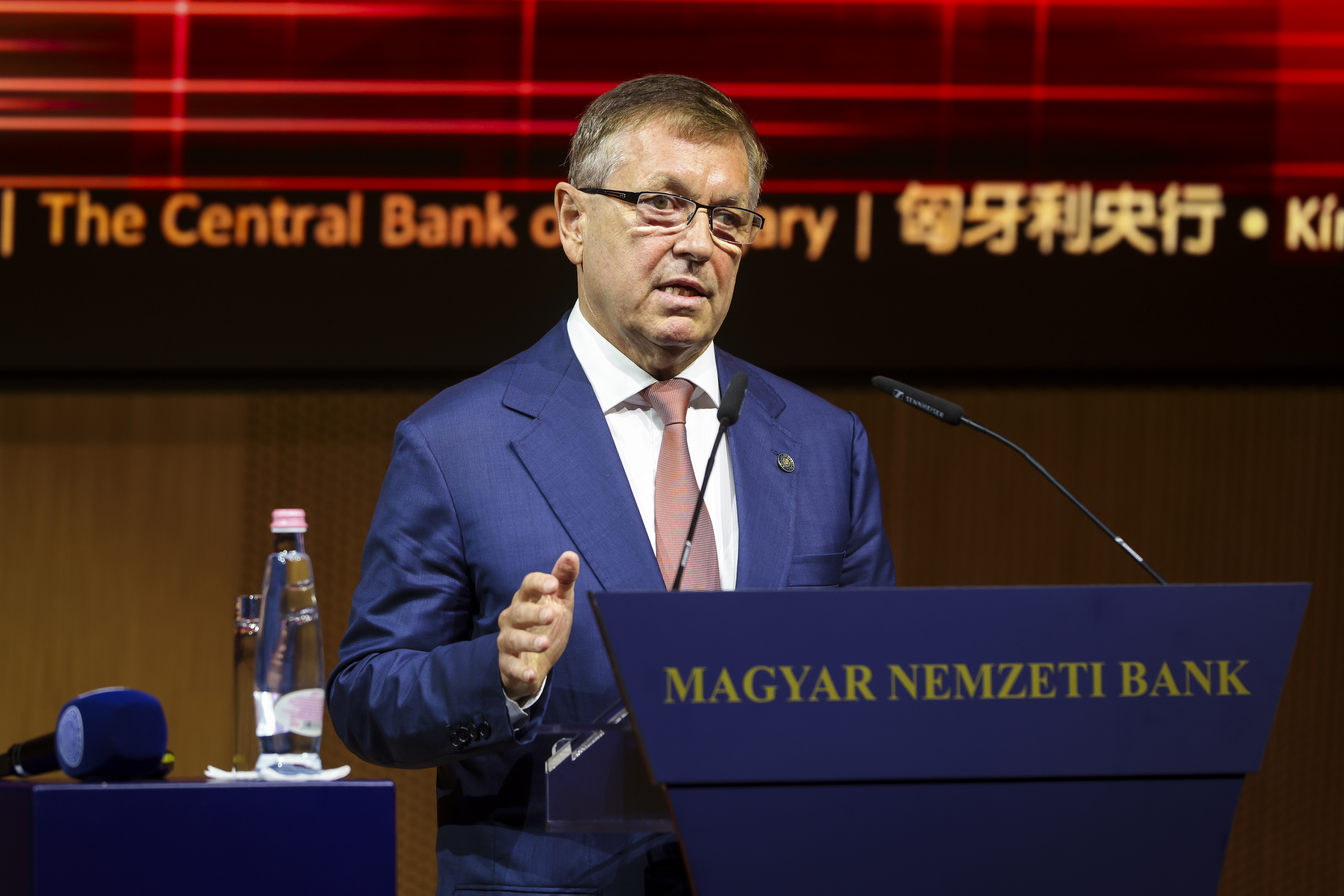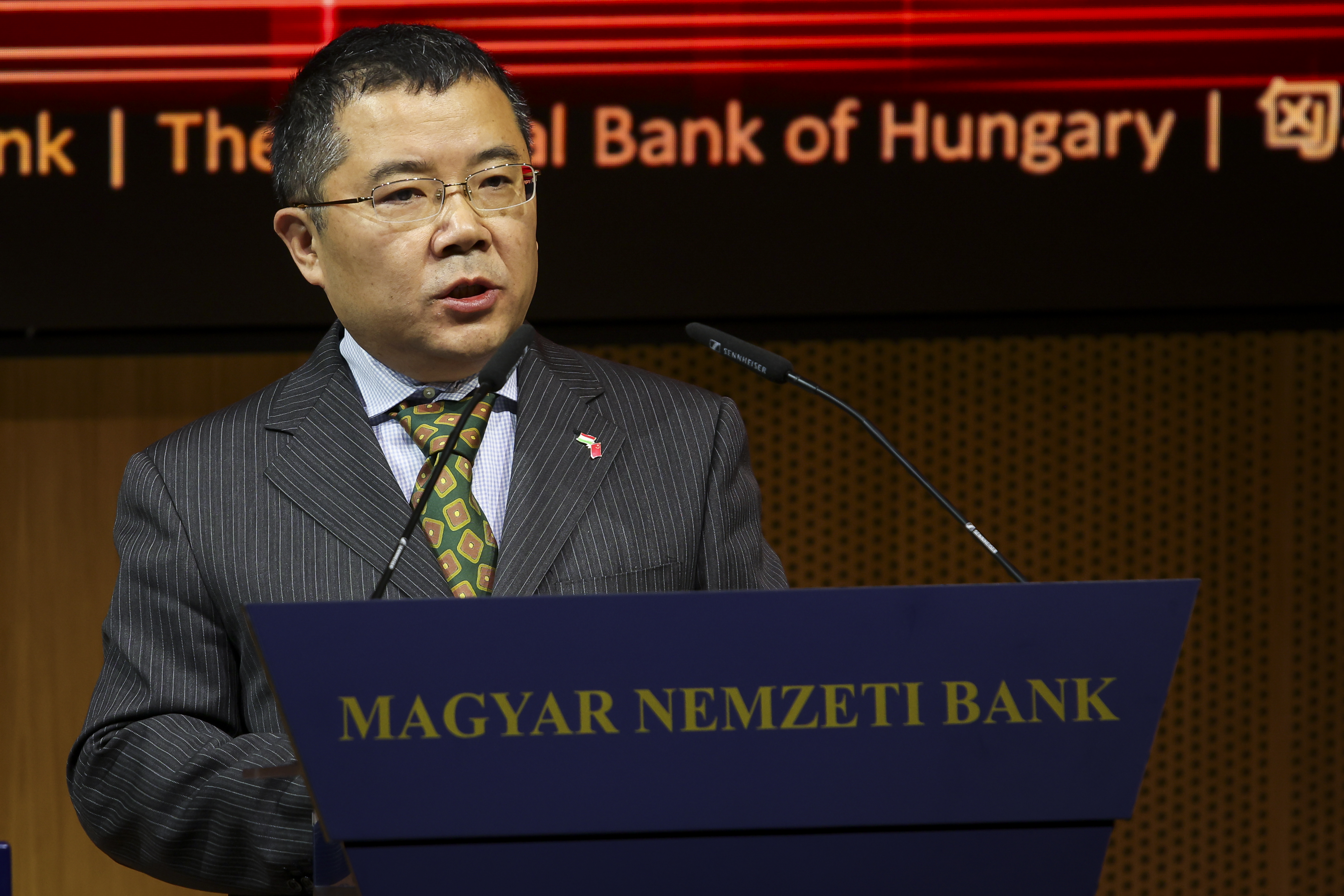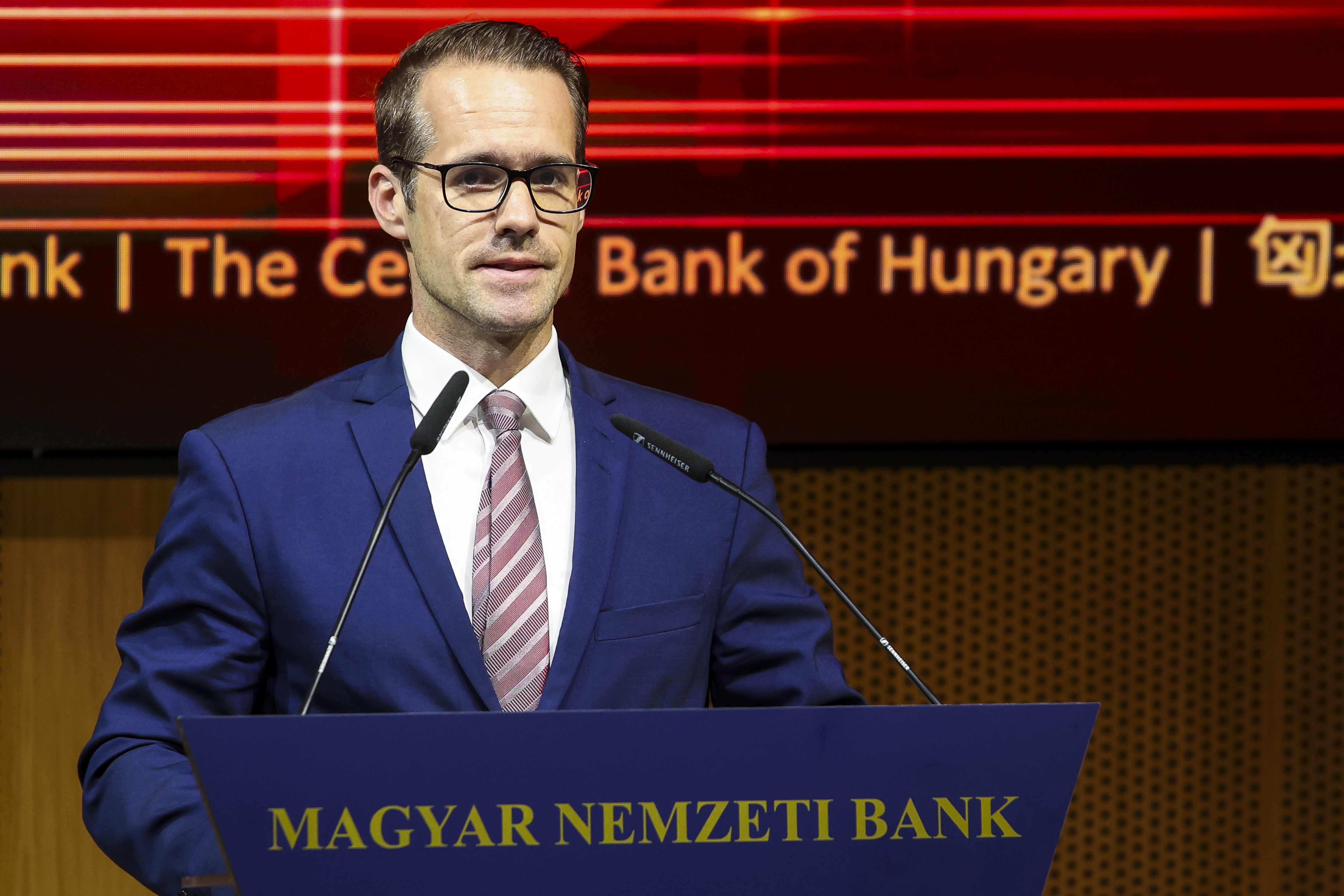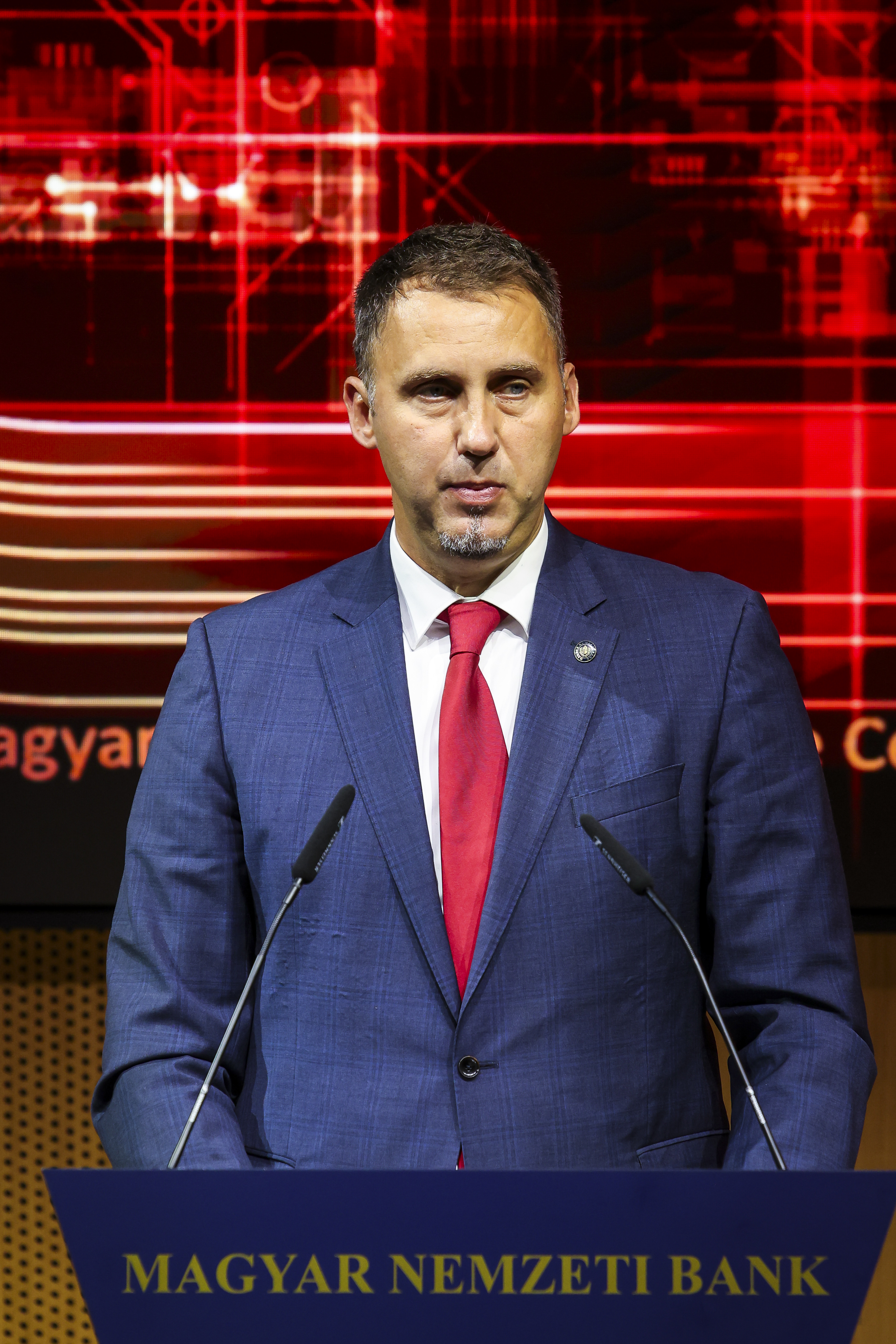
In his opening remarks, MNB Governor György Matolcsy said that the first ten years of the Belt and Road Initiative (BRI) launched by Chinese President Xi Jinping in 2013 have been an evident success. According to the governor, the first ten years of the BRI were not only a period of infrastructure investment but also a period of building financial and economic ties, including between MNB and the People’s Bank of China (PBoC). The Hungarian central bank was the first in Europe to establish “a very well-functioning and very fruitful” swapline financial relationship with the PBoC in 2013. The agreement, which is renewed annually, is one of the “best functioning financial bridges” on the continent, he added. According to György Matolcsy, we are moving towards a multipolar world order, which, of course, has more global money, and the multipolarisation of politics also means the multipolarisation of the financial system.

Chinese Ambassador Gong Tao said China has always been a proponent of extensive and mutually beneficial cooperation, “the BRI is about shared achievements and shared benefits”. He warned that in the current turbulent period, the foundations of global economic growth are shaky, and the only way to achieve sustainable growth is through win-win cooperation.

Understanding the geopolitical challenges requires an understanding of three key words: Eurasian complexity, connectivity and sustainability,” said geographer Norbert Csizmadia, Chairman of the Board of Trustees of the Pallas Athéné Domus Meriti Foundation and the John von Neumann University Foundation. He stressed that many indicators show the growing importance of Asia in recent decades, with the centre of gravity of the world economy clearly shifting eastwards.

The speeches were followed by three panel discussions on financial integration, green development and people-to-people links, with leaders from Chinese banks, large corporations and institutions, among others.
The event was hosted by Levente Horváth, Hungary’s former Consul General in Shanghai and Director of the Eurasia Center, who concluded the professional programme by saying that the conference participants had successfully highlighted the importance of international dialogue and the exchange of experiences, perspectives and knowledge between countries.

In his closing speech, Barnabás Virág, Vice-Governor of MNB, said that cooperation is the only possible way out of the current situation shaped by inflation, challenges in the transformation of the energy supply system and geopolitical tensions, among other factors. He recalled that Eurasia has grown in importance in recent years, and China has become a significant global player.
